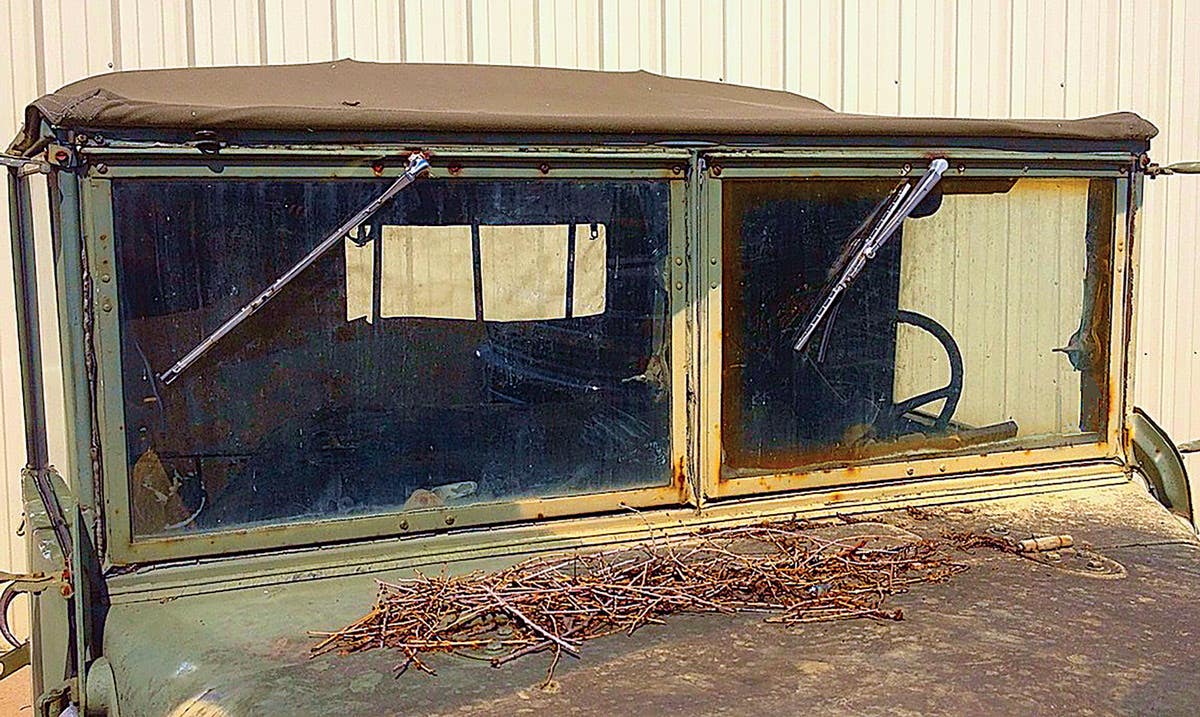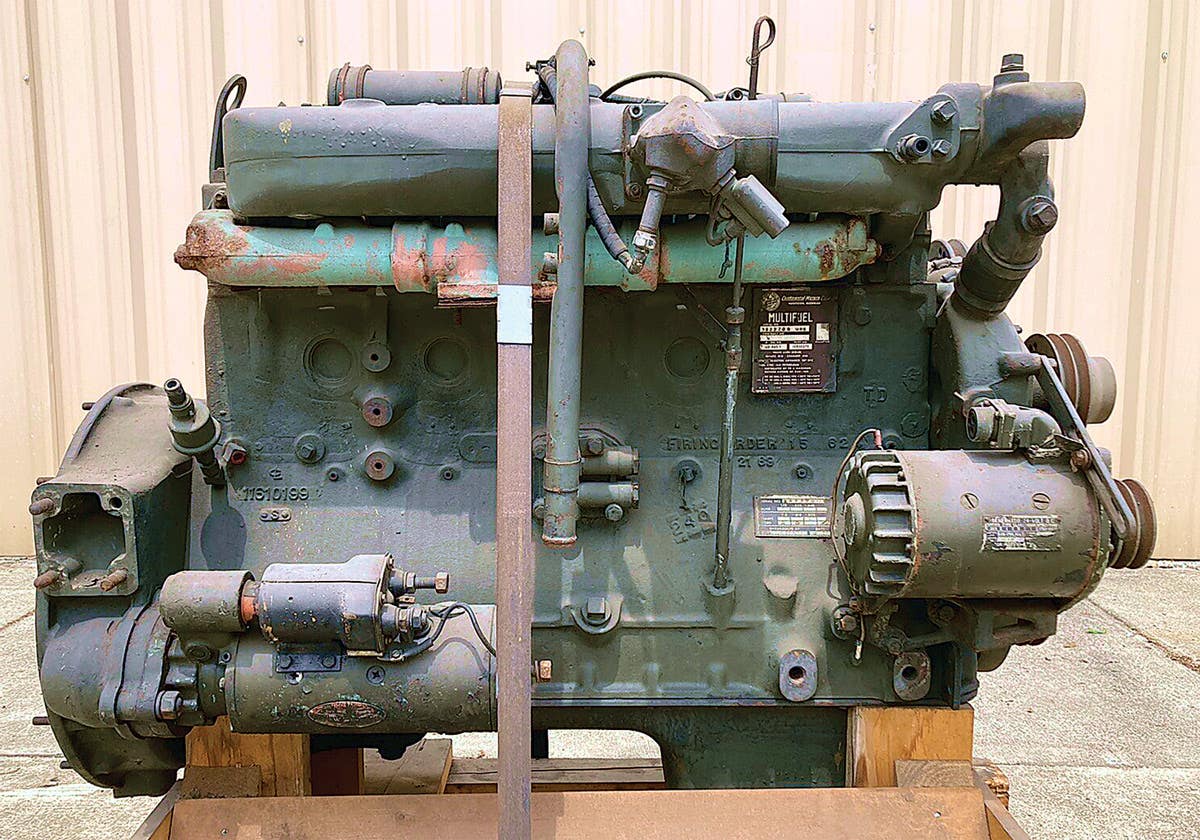ADVICE FROM AN EXPERT
Having your diesel engine reach several hundred-thousand miles is possible with proper maintenance. While you can’t manage all the factors that are part of long engine life, you can take a number of steps to help your diesel engine maintain its power and efficiency for many miles.
Having your diesel engine reach several hundred-thousand miles is possible with proper maintenance. While you can’t manage all the factors that are part of long engine life, you can take a number of steps to help your diesel engine maintain its power and efficiency for many miles.
Two of the most important things you can do is to read the owner’s manual that comes with your diesel vehicle and carefully follow the manufacturer’s recommended maintenance schedule and practices. Repeatedly missing oil drains or extending oil drain intervals too long can result in excessive engine deposits, wear, and reduced fuel economy. Using air or fuel filters and lubricants that do not meet the specifications of the vehicle manufacturer could cause harm to your diesel engine.
Diesel engines operate with higher compression ratios, providing torque and power at much lower rpm’s than gasoline engines, thus making the diesel engine a much more desirable power source for trailer towing and higher load applications. These higher load applications put more demand on motor oil. Diesel engines also produce soot, which can be abrasive and prevent antiwear additives from fully protecting critical engine parts. A premium motor oil like Shell ROTELLA®T has special dispersants, extra detergents and extra anti-wear components that are necessary to help protect diesel engines from soot and heavy use applications.
Changing the oil in your diesel engine is essential to attaining long engine life. Today’s technologically advanced diesel engines require motor oil that is specifically designed for diesel engines. Shell ROTELLA®T meets the latest American Petroleum Institute (API) CJ-4 classification for newer diesel engines. Older trucks may use previous API categories. Your owner’s manual will tell you the proper API classification for your vehicle.
Diesel fuel is pumped through the fuel injectors at very high pressure, so changing the fuel filter when recommended is essential. Failure to change your fuel filter could result in a loss of engine power or lead to costly repairs. Some diesel trucks have two fuel filters, one by the engine and the other mounted on the frame of the vehicle.
Diesel engines require a large amount of air to operate, so if you work or live in a dusty area, changing the air filter frequently can help increase the efficiency and life of your diesel engine. Abrasive particles also enter through the breather and can lead to engine wear. Some air filters have a gauge on the outside of the filter housing that lets you know when it is time for a new air filter.
Finally, one of the easiest ways to achieve many miles from your diesel engine is to be aware of changes in the sound or performance of your engine. These changes could alert you to problems before they become serious.
—Stede Granger, OEM Tech Services Manager, Shell ROTELLA







